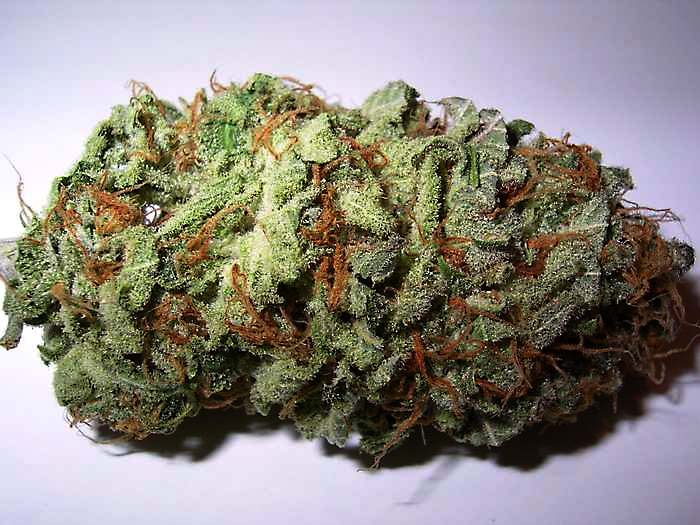
Courtesy of Wikimedia Commons
If you keep up with the Spinnaker’s Police Beats, you may remember a March 25 item where a UPD officer “reasoned” with students who were believed to be smoking pot in an Osprey Cove dorm room. The officer said he would not arrest them if they handed over the marijuana, at which point the students handed over three joints. The RA was notified and the students received a warning and a “reminder” that UNF has a zero-tolerance drug policy.
Earlier in March, an RA in the Osprey Village smelled marijuana coming from one of the rooms and contacted UPD. The resulting police report read: “The resident allowed the officer to enter, and the officer found marijuana and a grinder with marijuana residue on the floor and kitchen counter of the room.”
The officer referred the student to Student Conduct and issued a Notice to Appear in court for what was a much harder slap on the wrist.
The inconsistencies of punishment issued to students for these and many other drug infractions is puzzling. Some receive a dark and permanent stain on their records while others receive a “reminder” of the rules.
But if you are staying up-to-date on the national level, these inconsistencies are nothing new. Despite marijuana use being illegal under federal law, 24 of our 50 states have taken a step in the “what’s the big deal?” direction.
It is now legal to sell, buy and smoke marijuana for medicinal purposes in 18 states, while six others have decriminalized possession laws. Of the 18 states, Colorado and Washington voted Nov. 6, 2012, to legalize recreational use of pot.
This means, in one of these legalized states, a police officer will likely nod to a passerby puffing on a joint, or to a dispensary owner unloading his merchandise. All the while, the risk of prosecution — of being labeled a criminal — for them and the states within which they live, persists.
Public sentiment on the issue is transitioning not only on a national level, but on a local level, too. As you’ll read in our Cover story on pages 12-13, a Spinnaker poll of 254 students revealed 64 percent were in favor of legalizing marijuana.
It’s politically and morally confusing. When a majority of the nation is in favor of legalizing marijuana (a 2012 Quinnipiac University poll revealed 51 to 44 percent in favor of doing so) how can we continue to justify restricting and incriminating people who use it? What do parents tell their children?
During the ‘12 presidential elections, on the night Marijuana was legalized for recreational use in Washington (55 – 45 percent) and Colorado (54 – 46percent), Nov. 6, Lester Holt (NBC) said “Tonight has been a good night for pot smokers,” as the other commentators laughed into their microphones.
Lester went on to say something about Cheetos and the munchies (more laughter from the commentators) at which point NBC Anchor Brian Williams chimes in with “What happened to Mallomars? Is that no good anymore?”
Those who weren’t laughing were those who have been labeled criminals for doing something their countrymen in another state can do freely in the streets. The various UNF students who were arrested and charged for smoking pot weren’t laughing either — especially when some of their classmates got off with just a “reminder.”







